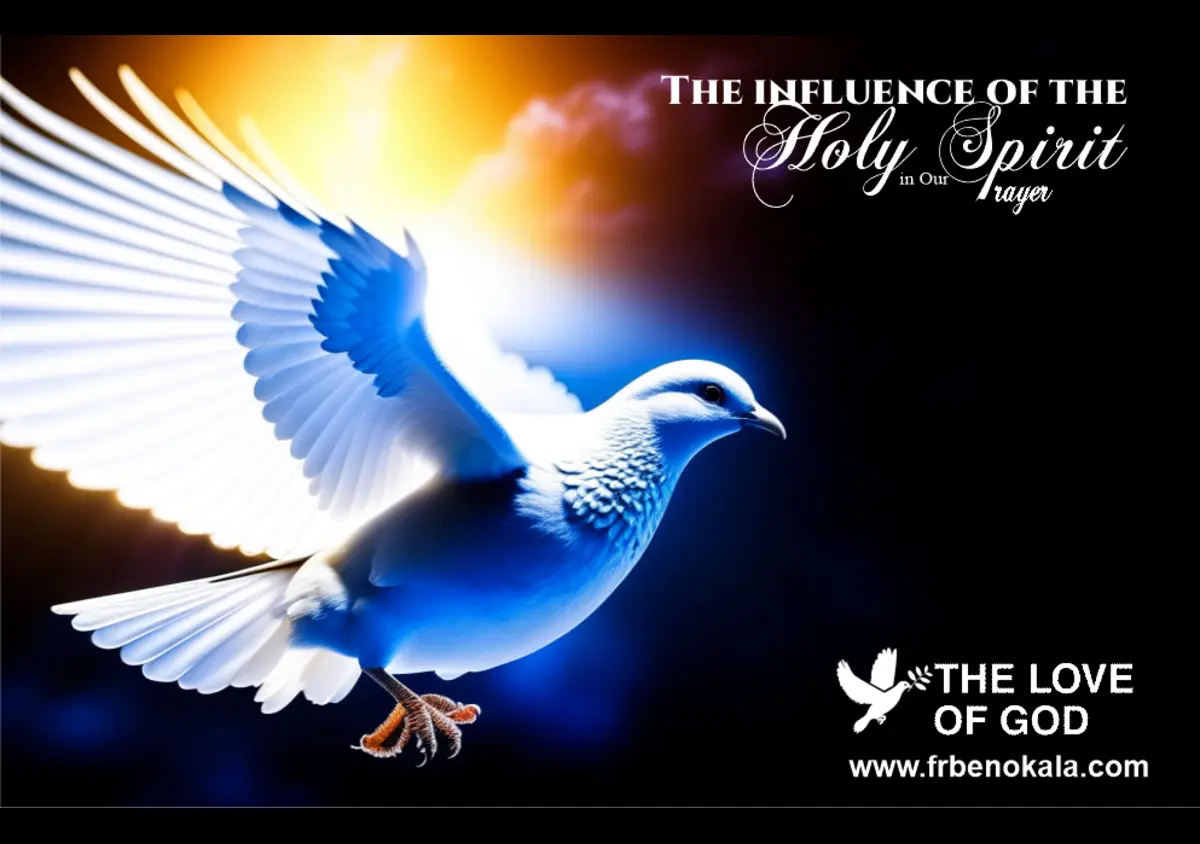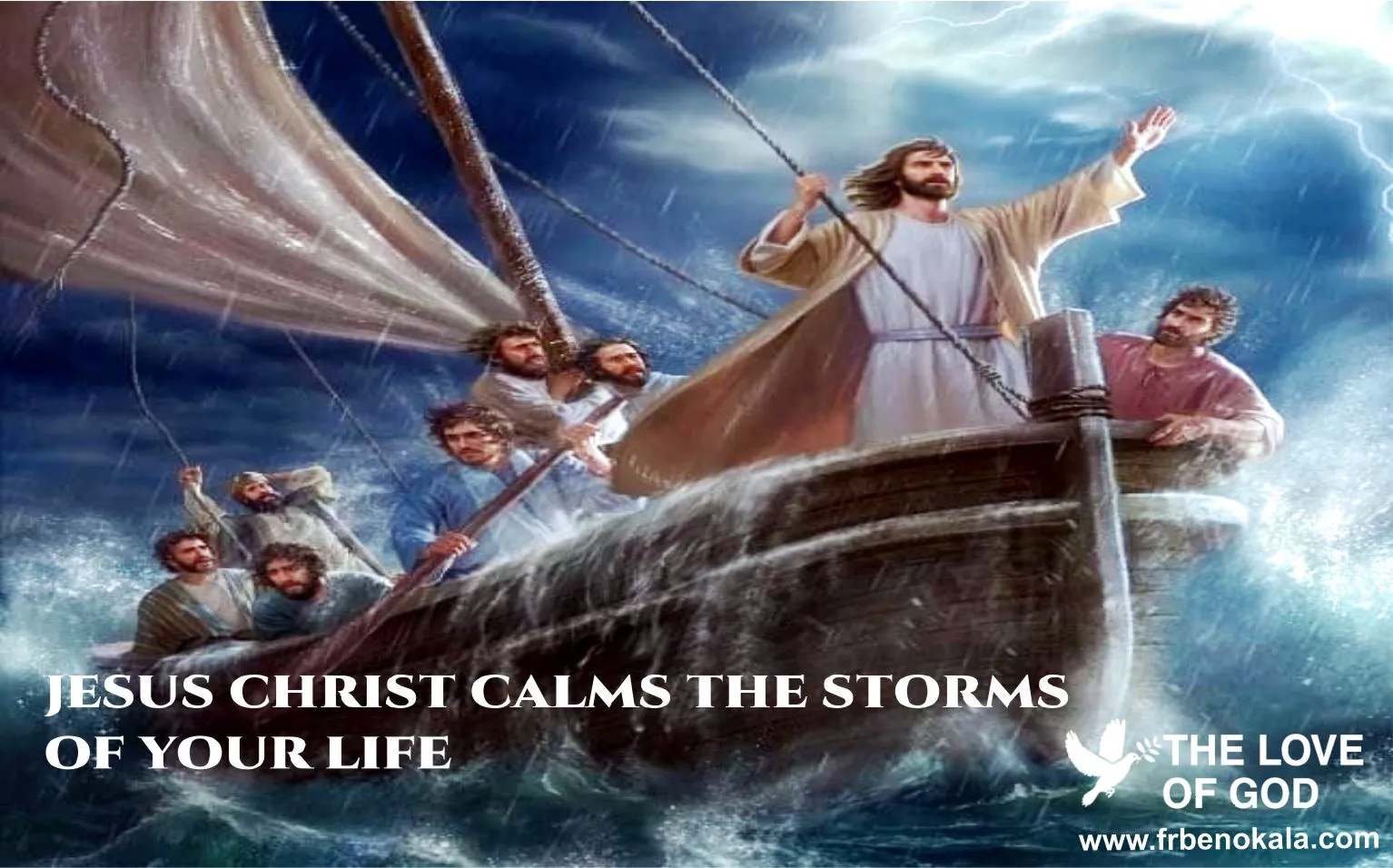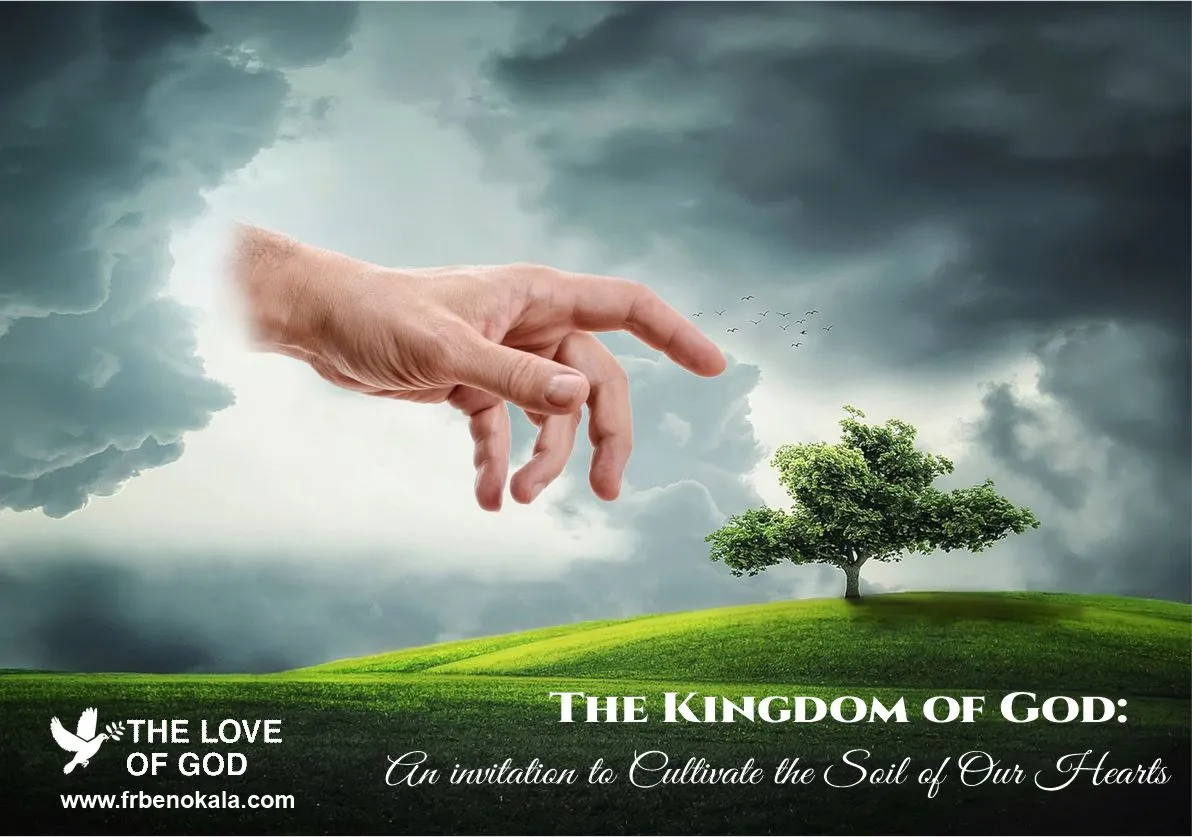HOMILY OF 5TH SUNDAY OF LENT, YEAR B.
First Reading (Jeremiah 31:31–34); Second Reading (Hebrews 5:7-9); Gospel Reading (John 12:20–33)
In the intricate fabric of existence, life often presents us with bewildering riddles that defy our understanding. These riddles, or paradoxes, are the knots that, when untangled, reveal a deeper truth about the nature of our reality. The teachings of Jesus Christ are no strangers to such enigmas, for within them lie the most profound paradoxes that challenge the very core of our logic.
Meanwhile, on this 5th Sunday of Lent, the crucifixes and sacred images are covered with purple clothes. This symbolizes Jesus’ retreat from moving publicly because the Jewish authorities, out of hatred and jealousy, sought to eliminate Him. The readings prepare us for the solemn commemoration of the Passion of Jesus Christ. Join me as we reflect on the paradox of life and the ultimate manifestation of Christ’s true love for humanity.
The Paradox of Life: The Enigma of Existence

A paradox is an apparently self-contradictory statement containing truth that reconciles conflicting opposites. It is an expression that, at first sight, looks or sounds illogical but remains the true expression of life. Imagine a grain of wheat, seemingly insignificant, holding within it the secret to abundance. It is only through its burial and subsequent death that it can give rise to a multitude of new lives. This is the essence of a paradox—a truth that emerges from the heart of contradiction. It is in this realm of divine paradox that we find the teachings of Jesus Christ, beckoning us to explore the profound mysteries of life.
The Paradox of Life: Sacrificing Life to Gain It Back

In a world that clings to self-preservation, today’s gospel reading calls us to a counterintuitive path. Jesus Christ elucidates the necessity of suffering and sacrifice in the Christian journey. He says, “He who loves his life loses it, and he who hates his life in this world will keep it for eternal life” (John 12:25). These words encapsulate the paradox of life as a sacrifice. In other words, it is through sacrifice that we gain the true essence of life, and subsequently, eternal life. This paradox is not a call to seek suffering for its own sake, but rather to understand that in the act of giving ourselves for others, we discover the fullness of life.
Moreover, this teaches us that enduring challenges and moments of suffering, though temporary, are integral to demonstrating true love. True love is a sacrifice of our time, energy, and resources, especially for strangers. Hence, the Christian way of life calls us to be like candles, burning ourselves so that others may see and shine, even when they have wronged us (Mark 8:34–37). This is because in giving, we receive; and in generosity, we find abundance. The paradox of giving reveals that it is through the act of selflessness that we experience the richness of life. It is a divine economy where the currency is love and the investment is in the well-being of others.
The Paradox of Life in Suffering: A Necessary Condition for True Blessings

The journey of faith is often marked by trials and tribulations (John 16:33). Suffering and sacrifice are the conditions without which we cannot attain true success or yield a rich harvest. This is a profound truth: the path to resurrection and new life must first pass through the crucible of the cross. It is in our brokenness that we encounter God’s miraculous power. Through suffering, we are refined and shaped into the image of Christ. This implies that our love for God is ratified through our willingness to endure hardship for the sake of others.
The age-old question of why good people usually pass through difficulties is addressed in the paradox of suffering (Psalm 34:19). Moreover, the sacrifices of Jesus Christ lend credence to this paradox of life. Which shows that blessings are often preceded by suffering. Of course, Jesus Christ suffered terribly for the sake of humanity, and His suffering brought us salvation. Despite the schemes and the character assassination plotted against Him, He remained steadfast in His mission. This action exemplifies the paradox of life and the true essence, or meaning, of love. That is, choosing to sacrifice His life for the salvation of humanity, even for His enemies.
The Paradox of Life in Death and the Promise of a New Covenant

The analogy of the seed in the gospel reminds us that true life and multiple blessings come through a form of dying. This hard truth confronts our natural aversion to suffering and sacrifice, yet it is precisely through these experiences that we attain success and a rich harvest. Our brokenness opens us to the fullness of God’s miraculous power. This truly allows us to grow into maturity, capable of true love.
In the first reading, just like Jesus Christ, the prophet Jeremiah experienced similar animosity from those around him. Yet, he too was unwavering in his commitment to lay down his life for the people. Through Jeremiah, God promised a New Covenant, one that would be written on the hearts of the faithful, replacing hearts of stone with hearts filled with true love, forgiveness, patience, endurance, and perseverance (Galatians 5:22–23).
The Paradox of Life in Servitude

In a world that celebrates the first, the best, and the greatest, Jesus Christ presents a startling alternative: “If anyone wants to be first, he must be the very last and the servant of all” (Mark 9:35). This paradox of leadership turns our understanding of power and influence upside down.
The greatest leaders are those who serve with humility and grace, much like Jesus Himself, who came not to be served but to serve. So, our primary call as Christians is to render selfless services to everybody. It may not be easy on our own, but with the help of the Holy Spirit, it would be easy (Zechariah 4:6).
The Influence of the Holy Spirit in Our Prayer

It is through our fervent prayer, with the help of the Holy Spirit, that we find the strength to endure suffering. Although fervent prayer enhances a good relationship with God, it is not a guarantee that God will answer our prayers immediately. Of course, fervent prayer may not actually change the mind of God, but it helps to align our will with God’s perfect will.
As the scripture says, “Likewise, the Spirit helps us in our weakness; for we do not know how to pray as we ought, but that very Spirit intercedes with sighs too deep for words. And God, who searches the heart, knows what is the mind of the Spirit, because the Spirit intercedes for the saints according to the will of God” (Romans 8:26–27). Hence, it is in a posture of humility and dependence that we receive the blessings of God. This is because our relationship with God is not transactional but rather transformational.
Conclusion
The paradox of life, as witnessed in the gospel, invites us to a higher plane of existence where the last are first, the humble are exalted, and death gives way to life. Christ’s excruciating suffering and death on the cross were acts of selfless love meant to redeem us (1 Corinthians 6:20). People may hate us and make us suffer severely for promoting justice, equity and fairness. However, this experience, when channeled to God through prayer and endurance, may uplift us (Romans 8:18; 35). It is only by dying to ourselves that we truly live. And it is in our willingness to be broken that we become whole. This is the paradoxical path to true living.
Furthermore, in the paradox of life, we find the keys to unlocking the mysteries of faith, hope, and love. This new covenant of love is now being etched into our hearts, inviting us to embody the heart of true love. Besides, the second reading brings to light the fulfillment of this new covenant through Jesus Christ. It is in giving that we receive; and in generosity, we find abundance. In our spiritual lives, it is through the daily disciplines of prayer, sacrifice, and holiness of life that we grow into maturity. Therefore, my dearly beloved, as we continue our Lenten journey, let us embrace the call to sacrifice, trusting that it will lead us to the resurrection and fullness of life.
Prayer
May the Holy Spirit always intercede for you and help you grasp the meaning of the paradox of life in suffering. May He give you the grace to navigate through the complexities and vicissitudes of life. At the end, may your sacrifices and suffering help you gain eternal life through Jesus Christ, our Lord. Amen.
Peace of Christ be with you…
Rev. Fr. Benjamin Okala, C.S.Sp.




